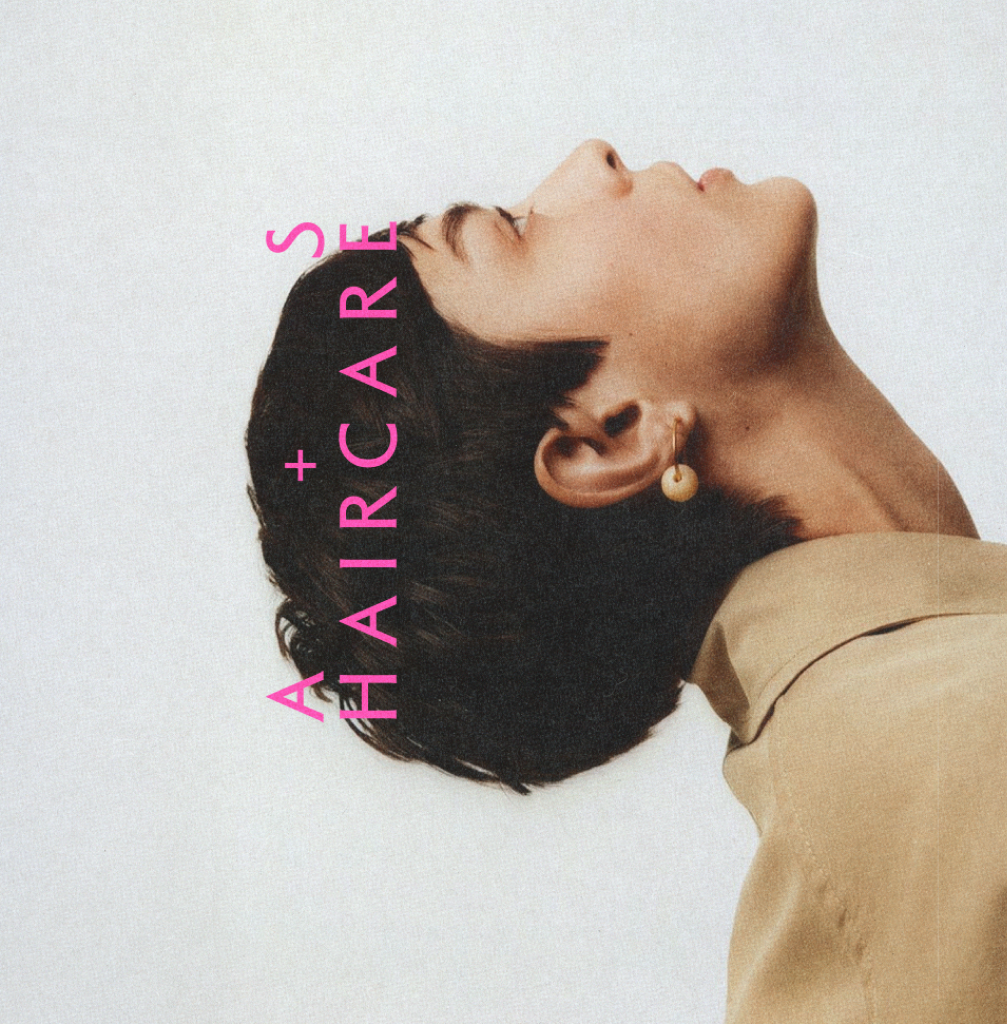
Stressed out Hair and Scalp?
By Joanna Wang
The Hidden Link Between Stress and Your Scalp: What Trichology Says
We all know stress can impact our mood, sleep, and skin — but your scalp and hair? Absolutely. Clinical studies in trichology (the science of hair and scalp health) show that psychological stress doesn’t just affect you mentally — it physically alters how your scalp behaves, how your follicles function, and even how much hair you shed. Here’s how stress shows up on your scalp — and what you can do about it.
1. Stress Triggers Hair Shedding (Telogen Effluvium)
One of the most common stress-related hair conditions is telogen effluvium — a temporary increase in hair shedding.
When you’re under psychological or physical stress, the body releases cortisol and other stress hormones that can push hair out of its growth phase (anagen) into its resting/shedding phase (telogen). This causes noticeable hair thinning several weeks later.
Clinical Reference:
Arck, P. et al. (2001). Stress inhibits hair growth and induces premature catagen development in mice. Journal of Investigative Dermatology, 116(3), 434–440.
https://doi.org/10.1046/j.0022-202x.2001.01275.x
2. Stress Can Make Your Scalp Oilier or Flakier
Stress doesn’t just affect your hair — it messes with your scalp’s oil production too. The scalp contains sebaceous glands that respond to cortisol and androgens, increasing sebum production. This can lead to greasy roots, build-up, and flares in conditions like seborrheic dermatitis.
Clinical Reference:
Zouboulis, C. C. et al. (2009). Sebaceous gland: a model for cutaneous endocrine research. Dermato-Endocrinology, 1(2), 64–67.
https://doi.org/10.4161/derm.1.2.9281
3. Stress Weakens the Scalp Barrier and Microbiome
Chronic stress promotes inflammation in the skin and scalp by increasing nerve growth factor (NGF) and mast cell activity — this weakens the scalp barrier, making it more prone to flaking, redness, or discomfort.
Clinical Reference:
Peters, E. M. J. et al. (2006). Neurogenic inflammation in stress-induced skin responses. Experimental Dermatology, 15(10), 739–751.
https://doi.org/10.1111/j.1600-0625.2006.00469.x
4. Stress Can Trigger Hair-Pulling Behaviors (Trichotillomania)
Hair-pulling or trichotillomania is a psychological response to stress or anxiety that results in patchy hair loss and scalp trauma. This is not just a “bad habit” — it’s recognized as a compulsive condition often worsened by chronic stress.
Clinical Insight:
Listed in the DSM-5 under obsessive-compulsive and related disorders. Effective treatment often includes cognitive behavioral therapy (CBT) and stress reduction strategies.
5. Stress May Trigger or Worsen Alopecia Areata
Stress has also been implicated in alopecia areata, an autoimmune condition where the immune system attacks hair follicles. Though not always the cause, stress can be a significant trigger for flare-ups or progression.
Clinical Reference:
Gilhar, A. et al. (2012). Alopecia areata: Animal models illuminate autoimmune pathogenesis and novel immunotherapeutic strategies. Nature Reviews Immunology, 12, 164–174.
https://doi.org/10.1038/nri3150
What You Can Do: Trichologist-Backed Solutions
|
Solution |
Why It Works |
|
Stress management |
Reduces cortisol levels that affect follicles and glands |
|
Scalp massage therapy |
Boosts circulation, lowers muscle tension, improves product absorption |
|
Adaptogenic botanicals (e.g. Ashwagandha, Tulsi) |
May support cortisol regulation and follicle resilience |
|
B-complex vitamins and zinc |
Replenish nutrients depleted by stress, aid follicle health |
|
Gentle, targeted scalp products |
Support scalp barrier and microbiome during periods of imbalance |
In Summary
Your scalp is not separate from your nervous system — it feels your stress, quite literally. Whether it’s a sudden shed, an oil imbalance, or sensitivity flare-up, the science suggests: managing stress is a key step in managing your hair.
And while we can’t eliminate stress from life, we can support the scalp through it. Your scalp is skin — treat it with the same care and attention.
